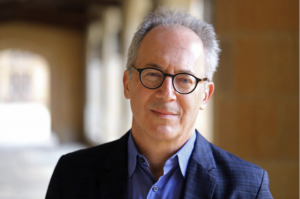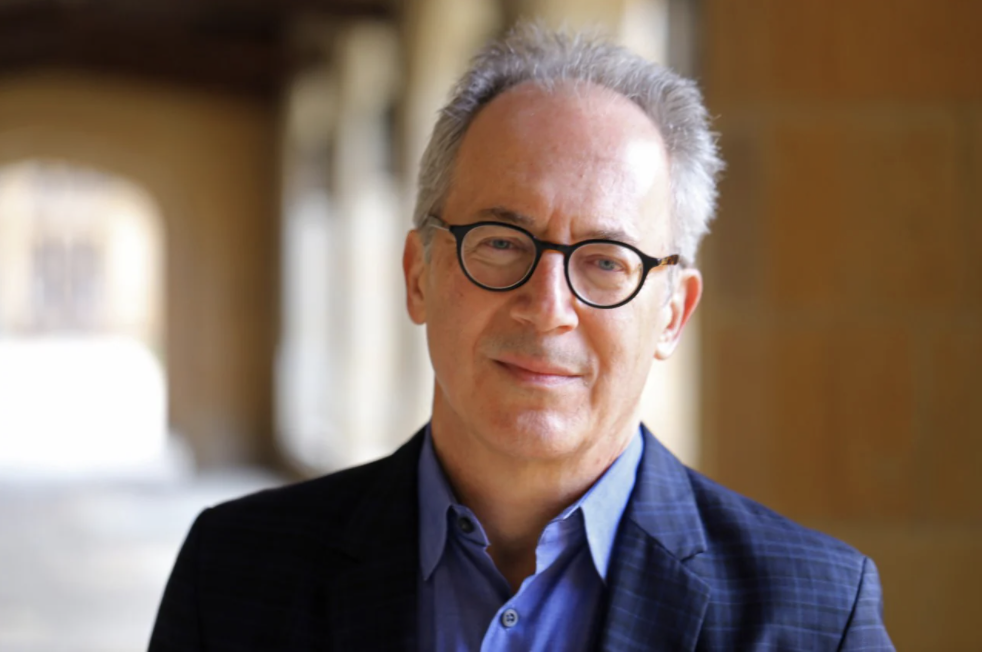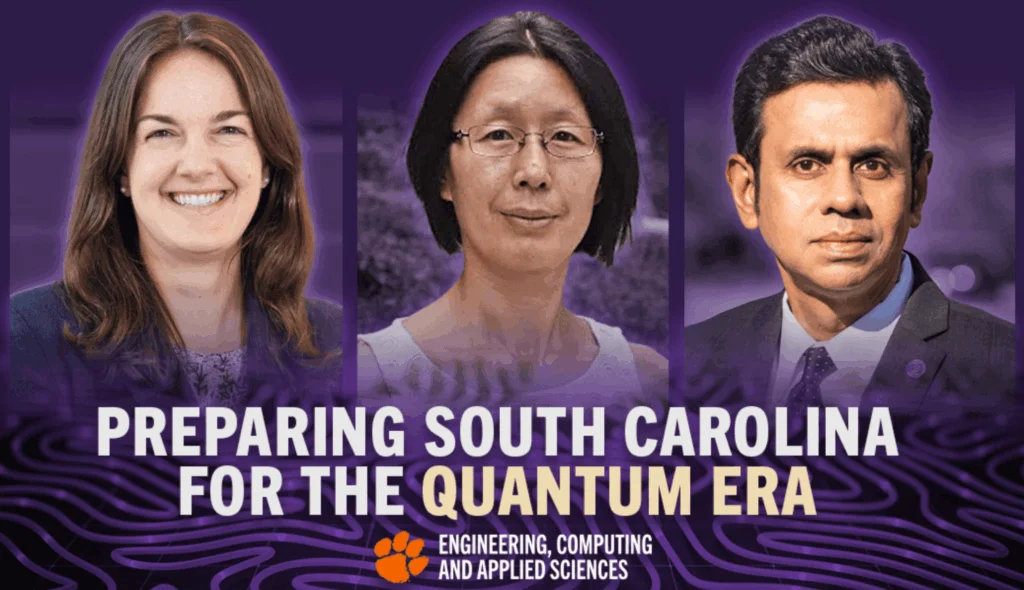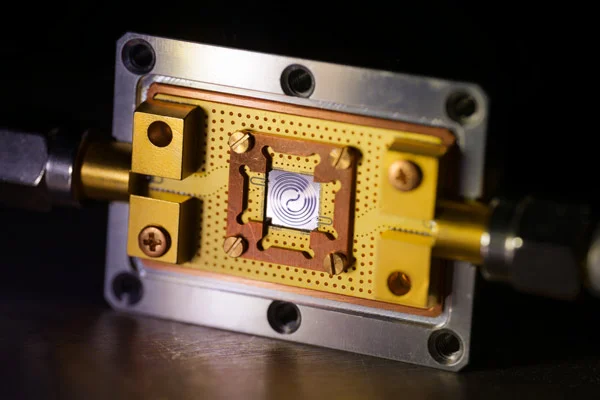
The Department of Foreign Affairs and Trade (DFAT) has awarded the University of Sydney’s Centre for International Security Studies (CISS) $800,000 over two years to develop accords for the ethical use of quantum technologies, according to a news release.
Announced by the Honourable Marise Payne, Minister for Foreign Affairs, the grant is part of the Australia-India Cyber and Critical Technology Partnership which promotes a free, open and rules-based Indo-Pacific region.
“This is the moment to address the social, ethical and geopolitical implications of a quantum future,” said CISS Director Professor James Der Derian.
The Quantum Meta-Ethics project will be led by Der Derian, in partnership with a team under the direction of Dr Rajeswari Rajagopalan at the Delhi-based Observer Research Foundation (ORF). The two organisations will be joined by leading experts from the Indo-Pacific region, including: quantum physicist Shohini Ghose, global strategy advisor Parag Khanna, and political scientist Nisha Shah. The project will build upon the work of Der Derian’s existing research Project Q: Peace and Security in a Quantum Age, funded by the Carnegie Corporation of New York.

Over the next two years, Quantum Meta-Ethics will initiate conversations about what constitutes ethical or unethical behaviour, good or bad practices, productive or destructive applications of emerging quantum technologies. The project will bring together academics, business leaders, government and military representatives, legal and policy experts, to develop world-first quantum accords that will inform international governance of quantum technologies.
The potential benefits of quantum innovation stretch across multiple socioeconomic sectors. They include new drug development and discovery, assisting the creation of provably secure communications systems, modelling of financial markets and building quantum sensors.
If realised, quantum computers promise to revolutionise information technology by solving problems beyond the scope of classical computers in fields as diverse as cryptography, medicine, finance, artificial intelligence and logistics.
“But there are also new dangers ahead,” said Der Derian.
States, tech companies and universities are already jostling for quantum advantage, with serious societal and geopolitical implications. A quantum race is ratcheting up in the Indo-Pacific, in vital security areas of encryption and decryption, surveillance and targeting, and most alarmingly, weaponised artificial intelligence.
“From the nuclear, space and information technology races, we have learned, often too late, what can happen when ethics, norms and governance lag behind,” Professor Der Derian said. “It is time to apply the lessons learned from those races but also to recognise the unique qualities of emerging quantum technologies. No single technology, event or state will define the quantum future; nor can any single ethical framework be applied to all actors and all quantum technologies across all stages of development.”
“Rather than proposing a formal set of universal rules, the project will seek a consensus among stakeholders on ethics, best practices and progressive applications of quantum technologies. As a theory of reality and enabler of new technologies, quantum increasingly touches everything.”
If you found this article to be informative, you can explore more current quantum news here, exclusives, interviews, and podcasts.














